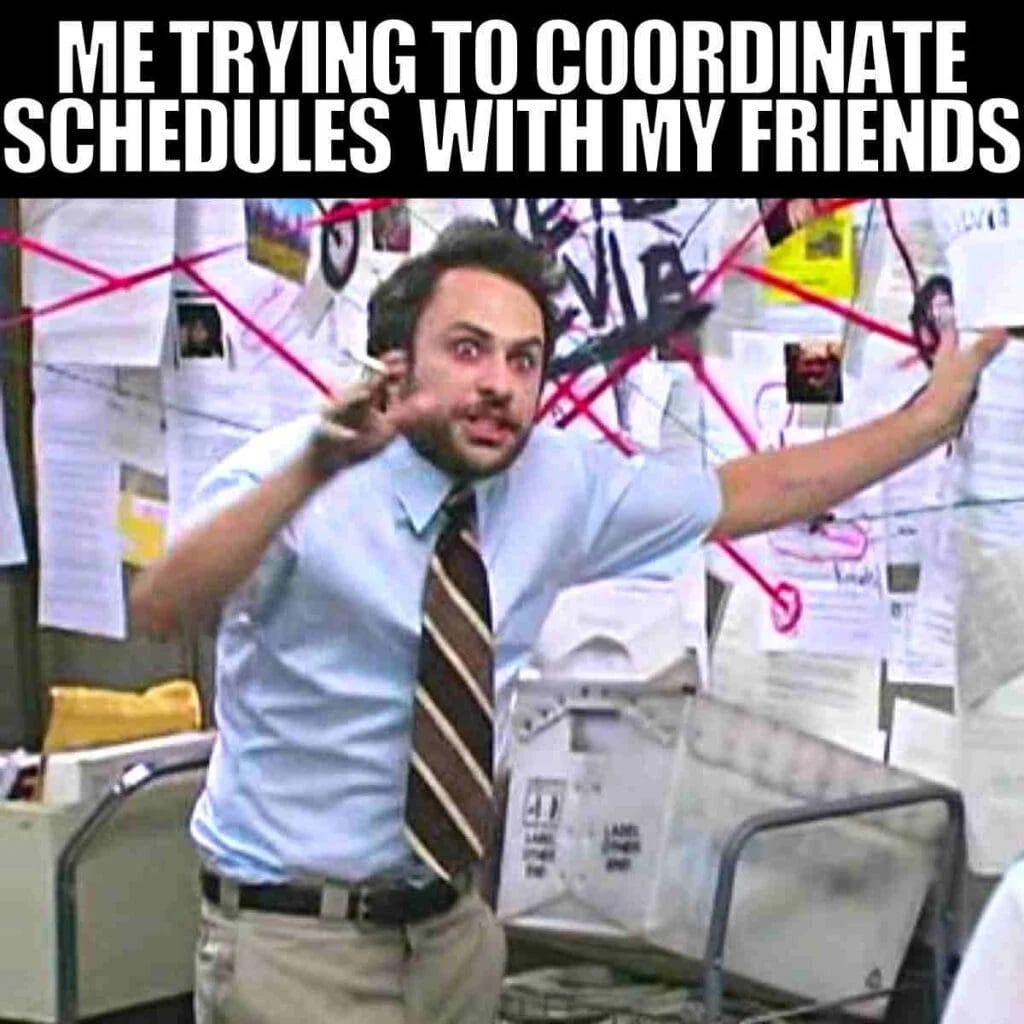Making, Meeting and Keeping Friends
Notes from our intimate conversation with a female friendship coach.
Last month, as part of our season 2 programming, we hosted our first digital gathering with educator and female friendship coach, Danielle Bayard Jackson. Our intention was to identify and provide tools that help decrease (as much as possible) the barriers to deepening connection. What we discovered was illuminating, insightful and nuanced.
Follow along, and let us know your thoughts in the comments!
Opening Quiz (fill in the blank)
I’d be more satisfied in my friendships if _____________
When I leave a friend hangout and don’t feel super great about it, it might be because _____________
My deep friendships are so deep because _____________
OUR DISCOVERIES
Key Friendship Desires
More reciprocity, including balanced sharing and consistent time investment were the top areas where people have the deepest desires for their friendships
What are we up against? (friendship trends and challenges)
(IRL) Social networks tend to decrease after age 26, with the 30-40 age range having the least amount of leisure time
“The Friendship Dip” - time spent with friends has decreased from 6 hours per week in 2013 to 2 hours per week in 2023 (American Time Use survey)
Barriers to friendship include cultural factors like city design, systemic issues, financial restraints and psychological obstacles.
There are more cars on the road, creating more infrastructure to accommodate them, fewer walkable cities and more distance
Negative looping thoughts including “I should’ve made my friends by now” or “It’s too late for me to develop friends now”
We equate hanging out with an activity that costs money and in this economy it’s hard to cover the cost of living, let alone extra dollars on spending quality time
Many of us have an unhealthy relationship with work, leading us to deprioritize friendship and give them leftover hours
The cost of modern conveniences don’t require you to leave the house. You save money and time, but at what cost?
Perfectionism creeping in when you want to hang out but your house isn’t clean, your hair isn’t done, or you' don’t feel at your best.
The thinning trust in society is overflowing into thinning trust in friendships
There is a cultural reverence for “low maintenance friendships”
 Tiktok failed to load.
Tiktok failed to load.Enable 3rd party cookies or use another browser
Strategies for Improving Friendships
Practice asking for small favors. When you don’t ask for help, you deny your friends the opportunity to show up for you. Stop future scripting the asks you won’t make.
Avoid keeping score, lean into generalized reciprocity.
Plan for potential barriers to socializing, examine moments when you can prioritize friendships over work
Encourage vulnerability and create opportunities for deeper connections
Write a list of all your conveniences and take (2) off per week, to help foster more serendipitous moments and bring a friend along. For example, if you order grocery delivery, go pick them up and invite a friend.
Creative Ways to Nurture Friendships
Create a "friendship survey" to ask friends if you're meeting their needs
Organize group activities, like birthday picnics, with shared responsibilities
Send homemade treats or postcards to friends going through tough times
Set regular meetup schedules with new friends
Create and share meme folders with long-distance friends
Engage in shared learning experiences, like taking courses together
Overcoming Friendship Challenges
Address issues directly and early, even if it feels uncomfortable
Be proactive in maintaining long-distance friendships by setting standing calls, watching movies together over text or reading articles and discussing them.
Set healthy boundaries and expectations upfront
Adapt to change in friendship, leave room for evolutions
Closing Quiz
What risks are you willing to take to improve your friendships?
In what ways do you feel supported by your friends, and how can you show up for them in return?
What type of friend are you?
Medium, a meaningful connection without emotional intensity, intimacy and large time investment
Adventurous, organize outings, brings people together over new and spontaneous things
Supportive, there to listen, offer advice and provide emotional support when your friends need it most
Reliable, the go-to person when someone needs help or guidance, friends can count on you







